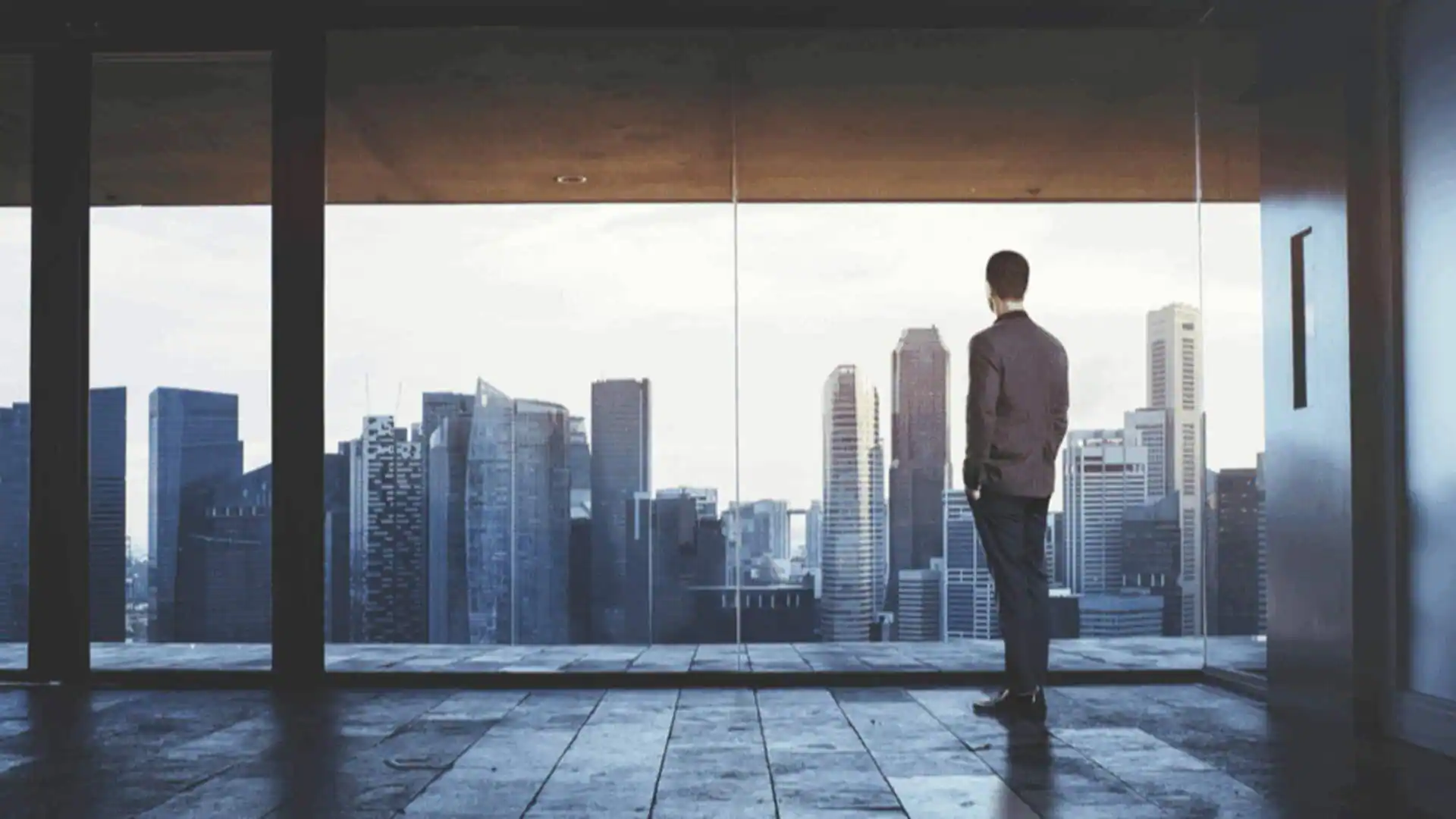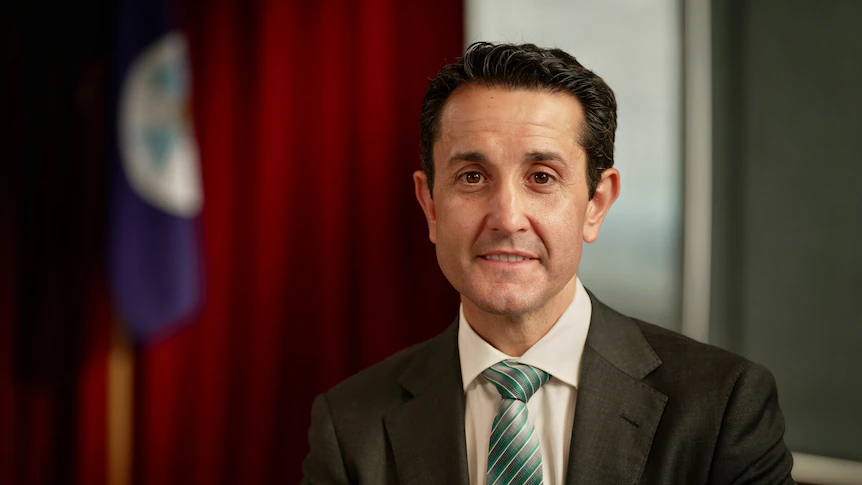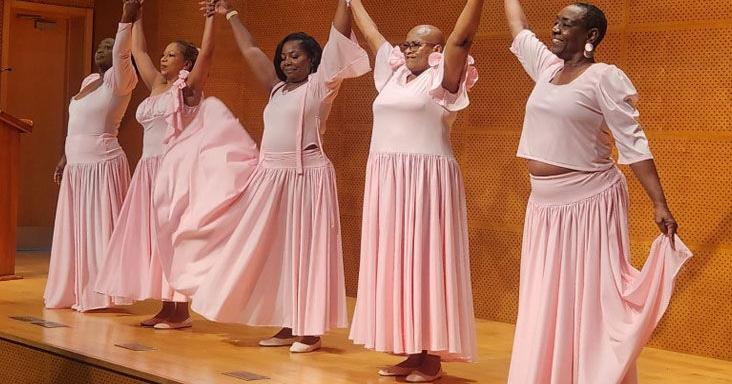Copyright newsbytesapp

A recent report commissioned by the South African Presidency of the G20 has revealed that India's top 1% has seen a whopping 62% increase in their wealth between 2000 and 2023. The study, led by Nobel laureate Joseph Stiglitz, highlights that global inequality has hit emergency levels. It poses serious threats to democracy, economic stability, and climate progress. The G20 Extraordinary Committee of Independent Experts on Global Inequality, which includes economists Jayati Ghosh, Winnie Byanyima, and Imraan Valodia, found that the top 1% globally captured 41% of all new wealth created between 2000 and 2023. Meanwhile, the bottom half of humanity got a mere 1%. The report also noted that in India and China, the richest 1% increased their share of wealth by 62% and 54%, respectively. Extreme inequality is a choice. It is not inevitable and can be reversed with political will. This can be greatly facilitated by global coordination, and in this regard, the G20 has a critical role, the report said. To monitor global trends and guide policymaking, the report proposes setting up an International Panel on Inequality (IPI), modeled after the Intergovernmental Panel on Climate Change (IPCC). The report also points out that countries with high inequality are seven times more likely to see a decline in democracy than those with more equal distributions. Since 2020, the reduction of global poverty has slowed down considerably, even reversing in some regions. The report highlights that 2.3 billion people are facing moderate or severe food insecurity—an increase of 335 million since 2019—and half the world's population is still not covered by essential health services.



